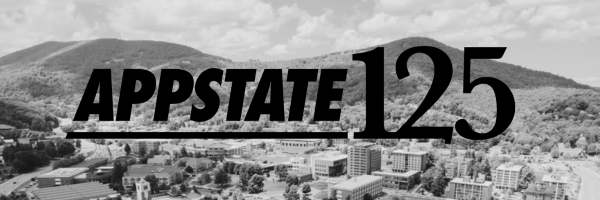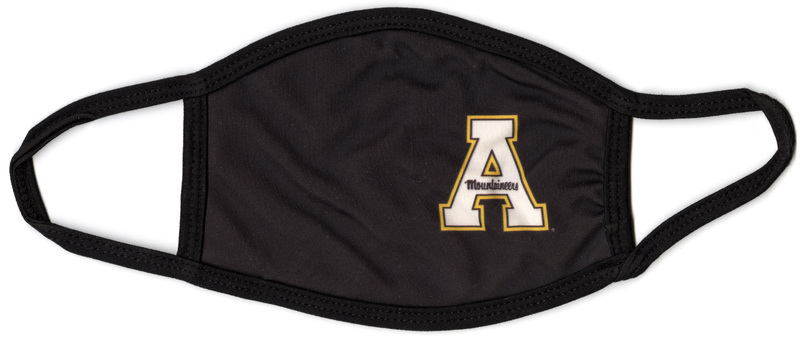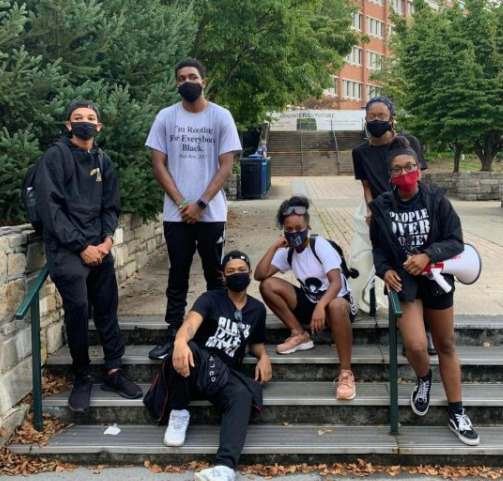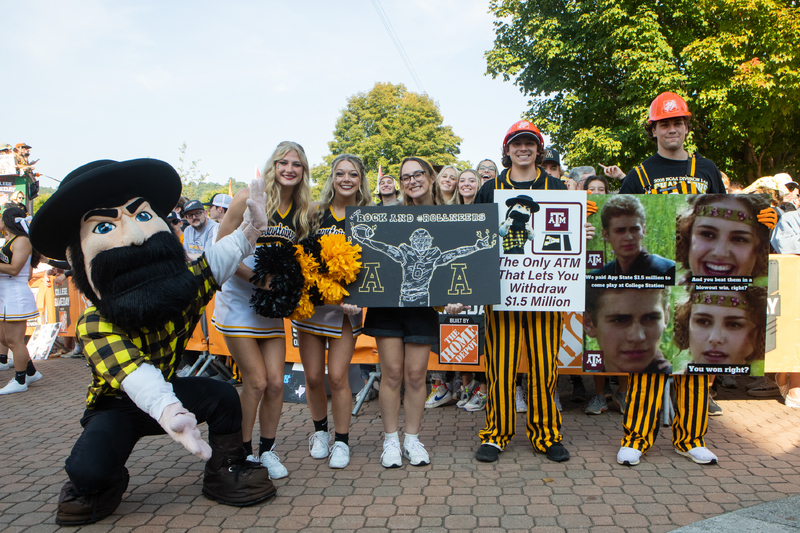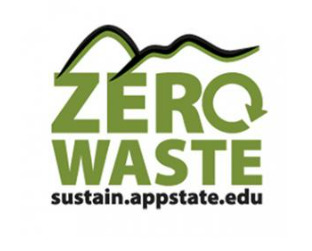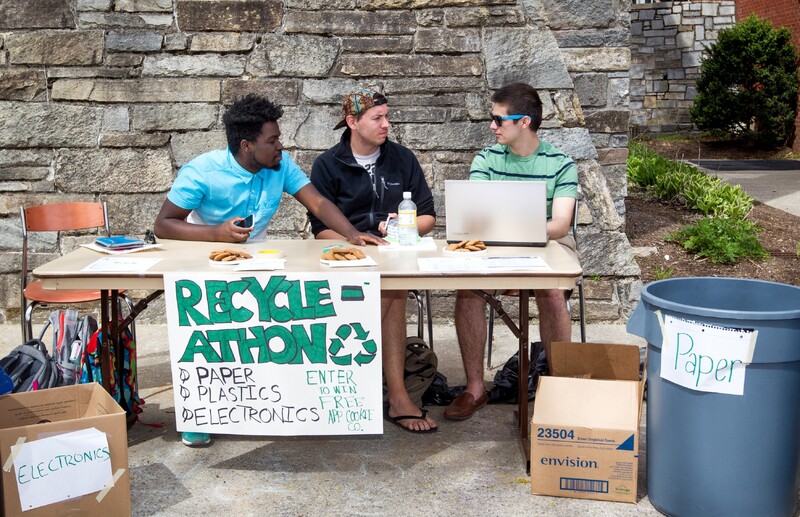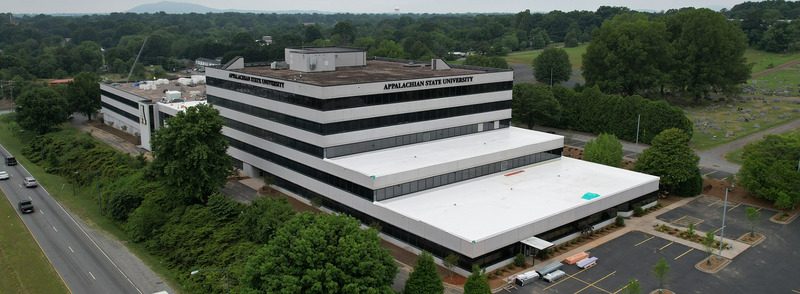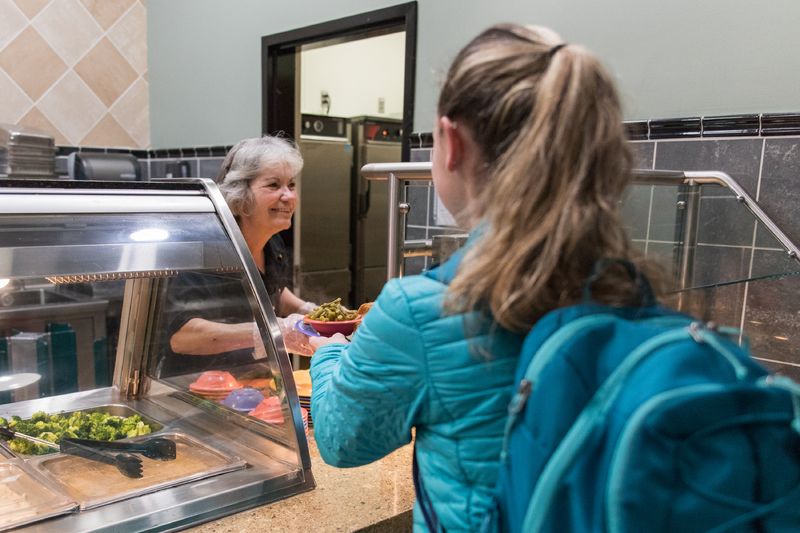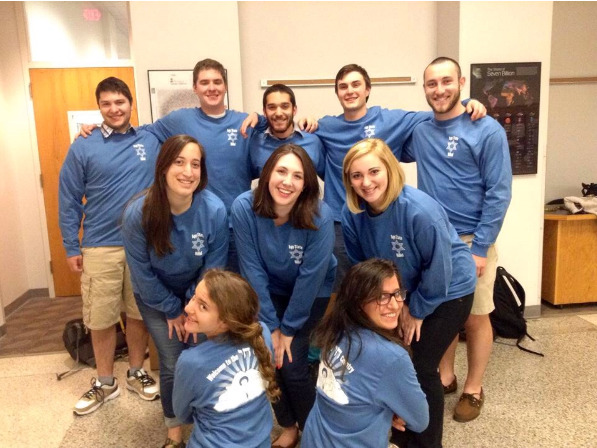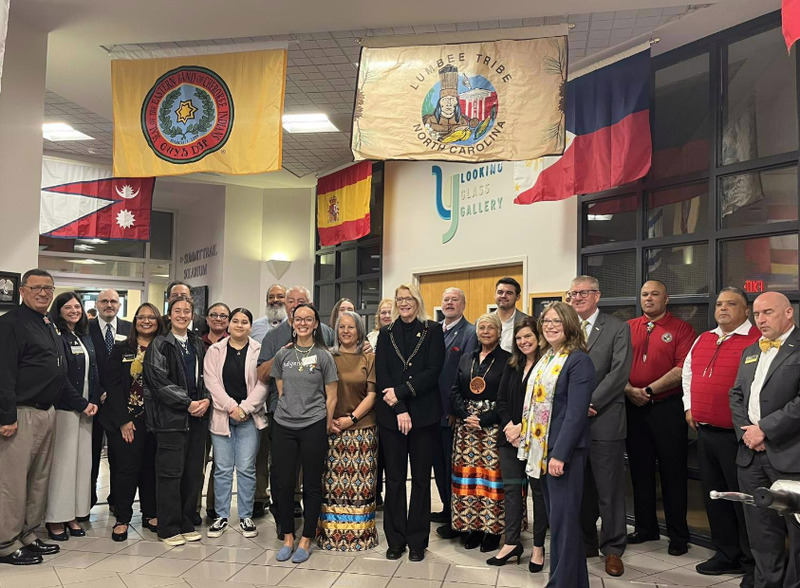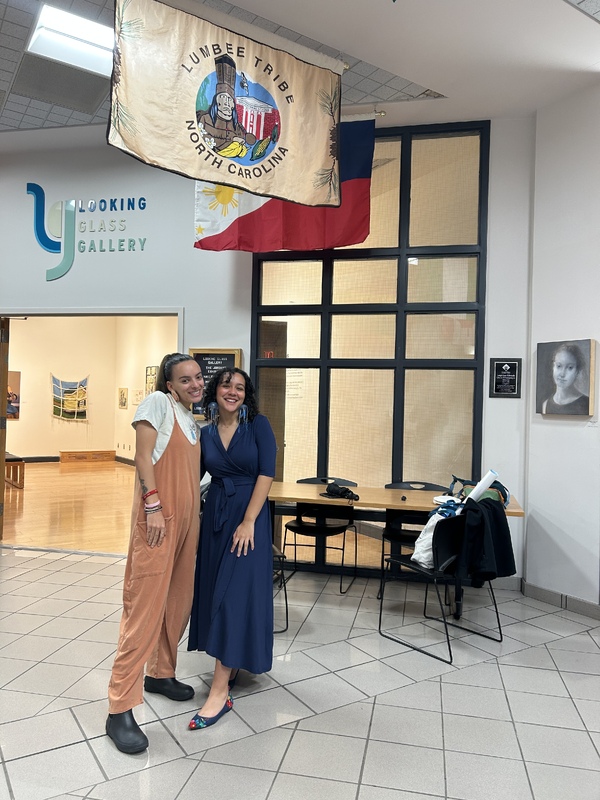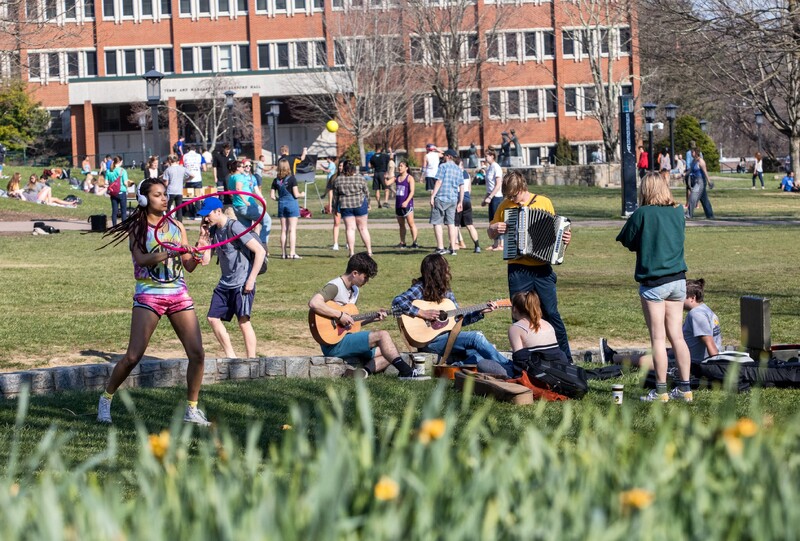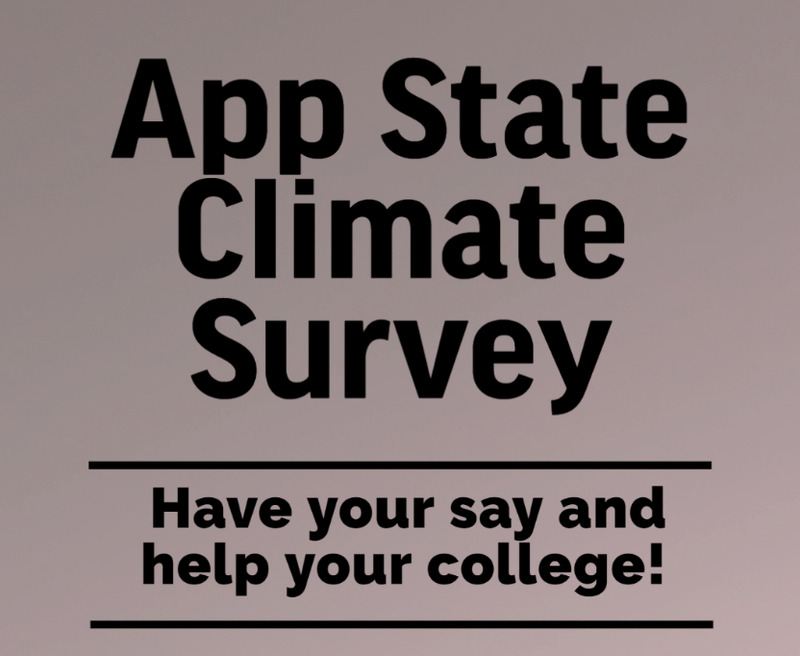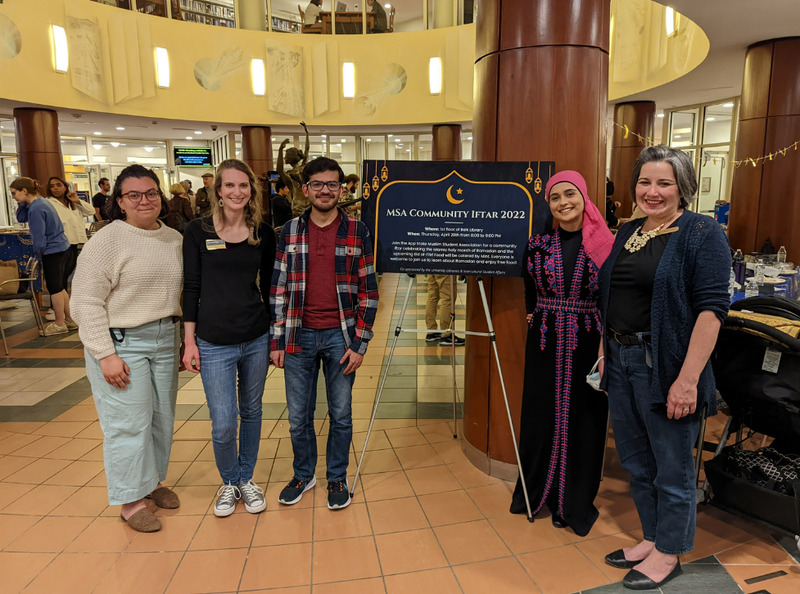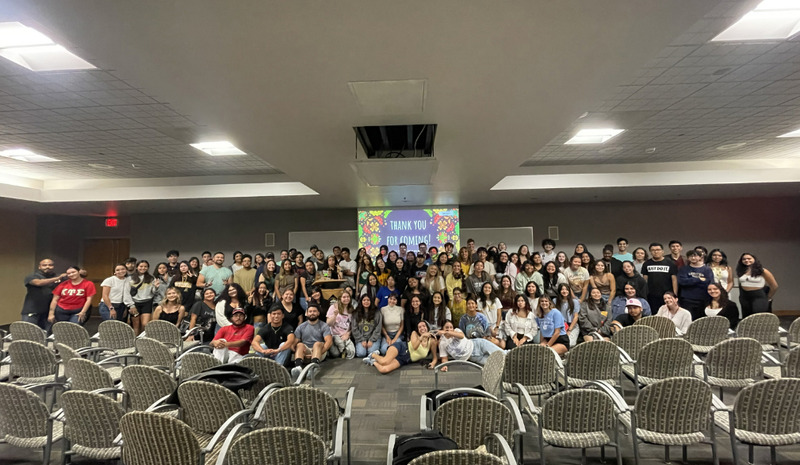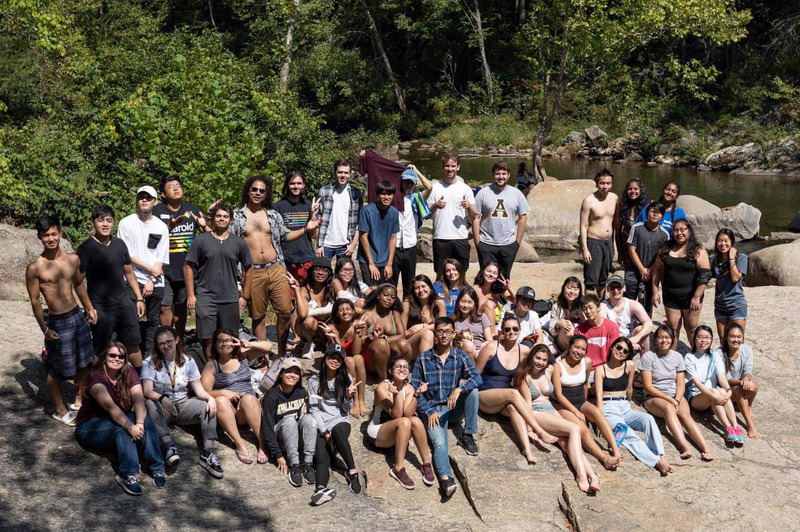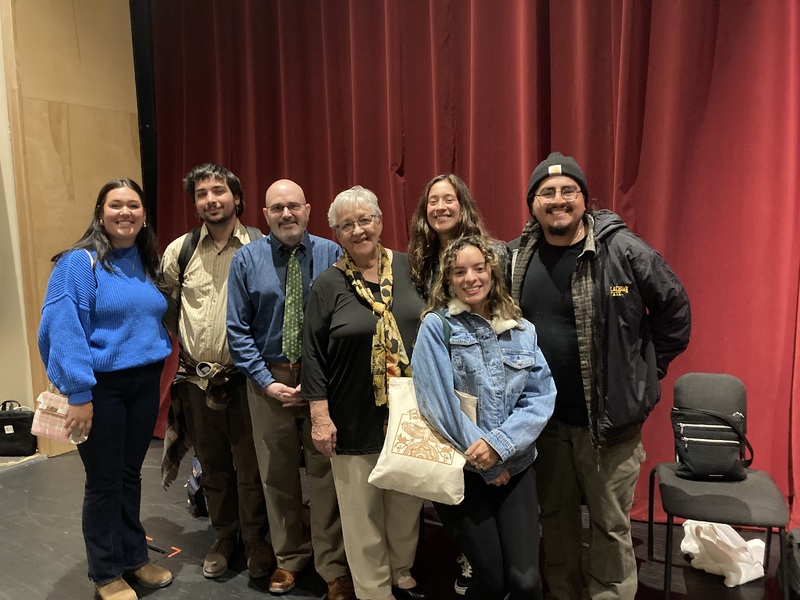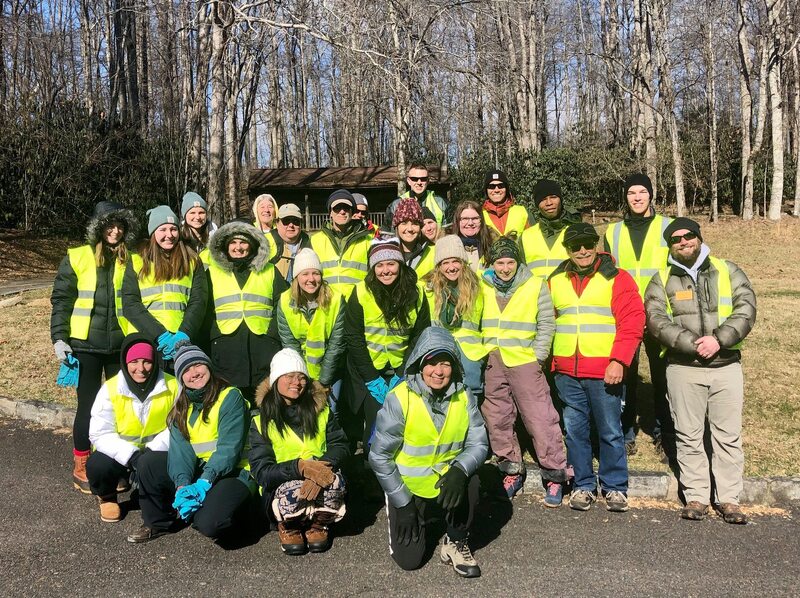Students Taking the Lead : 2020-2024
COVID-19
In early 2020, there were news reports about a novel coronavirus. In March, students left for Spring Break, but the break was extended due to COVID-19, and soon after, classes were moved online. In August 2020, students could return to campus for online and in-person hybrid classes, with restrictions such as mandatory mask-wearing, daily health assessments, and increased cleaning protocols. The university distributed cloth masks to students, faculty, and staff. During the first year of the pandemic, over 97,000 masks were mailed out. Due to the new normal environment, first-year students began their college careers with mostly virtual interactions, including the commencement ceremony.
Collective Movement
In July 2020, the student and alumni-led Black at AppState Collective sent a list of demands focused on diversified recruiting and a bias reporting system to campus administration, student affairs, and board members. In September, the Collective led a march from the Sanford Mall to the Chancellor’s Office to protest the lack of action on the group’s demands.
Appalachian State University adopted a Land Acknowledgement Statement in 2022, recognizing the Indigenous Peoples as the original inhabitants of the lands on which the campus is located.
More Exposure
On September 10, 2022, the Appalachian State Mountaineer football team defeated Texas A&M in a stunning upset. Texas A&M was ranked as the sixth-best team in the nation then, so the upset win garnered national attention for the Mountaineers. Additionally, App State secured $1.5 million to play Texas A&M.
Beating Texas A&M also brought ESPN's College GameDay to App State's campus on Saturday, September 17, 2022. College GameDay is a weekly television show hosted at a different college campus. When the show visited Appalachian State, approximately 9,000 App State fans watched the show live on Sanford Mall. According to ESPN's public relations department, the episode had an average audience of 2.2 million, with 2.8 million viewers during its final hour, an unparalleled level of national publicity.
We Still Have Work to Do
By 2023, 40% of university waste was averted from landfills through reduction, recycling, and composting, and unserved food was donated to a local food bank.
Once again, the University is reevaluating its core curriculum as part of the reaccreditation process to keep it relevant and meet future employment demands. Climate Literacy is increasingly becoming necessary for a thorough and relevant education. In Fall 2024, the University will implement the Pathways to Resilience initiative and focus on responsibility, agency, and collaboration.
